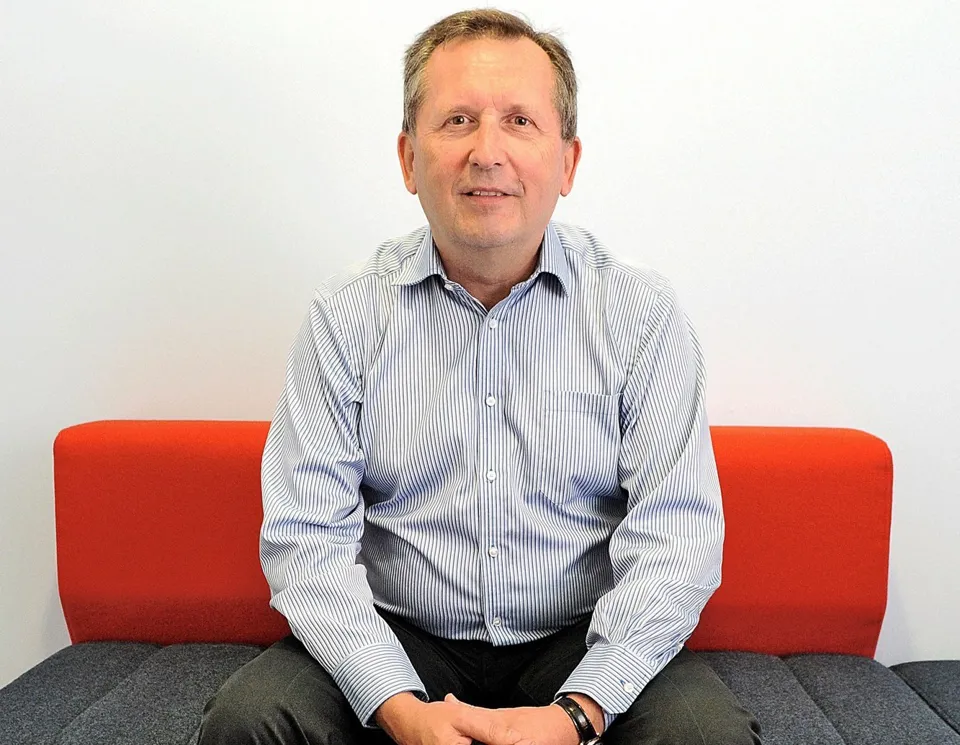Pendragon will dispose of its US-based retail group and begin the reduction of its premium franchises in the UK as part of a revised business strategy.
The business announced a revised plan to shareholders, which chief executive Trevor Finn said “will provide more reliable and sustainable returns”, today.
The group’s new strategy will see the disposal of its five franchised outlets – with Jaguar Land Rover, Aston Martin and Chevrolet – with its California-based Hornburg group and a reduction in the representation of premium franchises which fall within its Stratstone business on UK soil.
In statement issued via The London Stock Exchange Pendragon chief executive Trevor Finn said: “Following our strategic review, we have focussed on reshaping the business to accelerate transformation and ensure capital allocation is optimised across the group.
“The actions I am announcing today are a further step towards achieving our strategic objectives.
“I believe this strategy will provide more reliable and sustainable returns.”
Pendragon said that it hoped to realise £100 million proceeds before tax from the US disposal.
A cut in the number of premium franchises in the UK follows a strategic review of its premium franchises which was carried out to evaluate by manufacturer the investment appeal of their franchise proposition.
The disposals will happen over a three-year period, Pendragon said, and would hope to yield a further £100 million return.
Pendragon said that its “focus for growth” would remain its used car operations.
The group will continue to drive investment to complete its national network of Evans Halshaw Car Stores to achieve the doubling of used car revenue by 2021.
A senior executive will also be recruited to lead all aspects of our UK used car operations, it said.
Pendragon will also resume its share buyback programme.
Clarification of the top AM100 group’s future strategy follows a profit warning issued on October 23 in which the group revealed that its expected its underlying profit before tax for 2017 would to fall over 20%, from £75.4m in 2016 to £60m by the end of the year.
This would come despite 6.7% revenue growth for the year-to-date and used revenue growth of 21.1% in the period from July 1st to October 20th, 2017, it said.















Login to comment
Comments
No comments have been made yet.